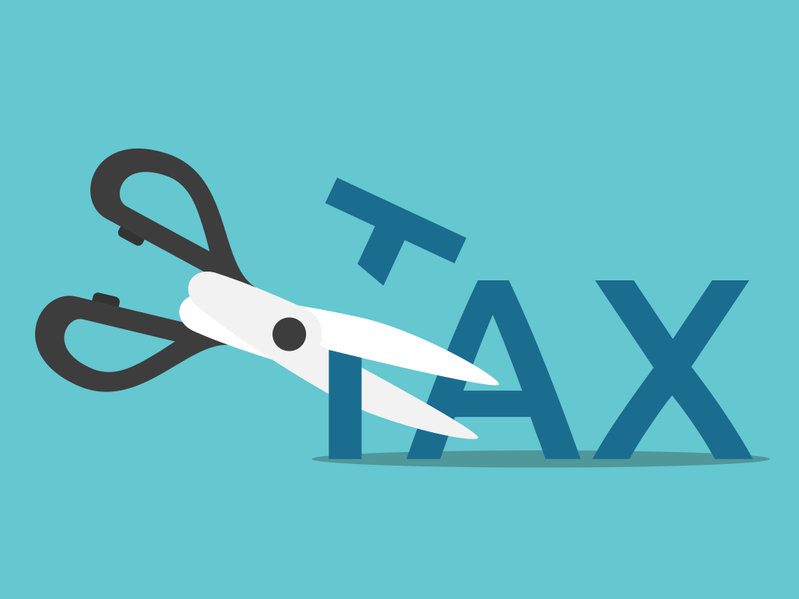Employees are no strangers when it comes to using their personal vehicles for work purposes. Some employees travel to and from multiple job sites, some use their car to complete work tasks, while other employees simply have to drive to work from their residence. Prior to 2018, employees who used their personal vehicles for business purposes were allowed to claim these expenses as deductions on their taxes. However, since the creation of the Tax Cuts and Jobs Act of 2017 (TCJA), most employees were no longer permitted to claim itemized deductions for personal vehicle expenses. This caused confusion among employees who use their vehicles for business, and many wondered whether they are still allowed to claim these types of deductions. So let’s find out!
Who Can Deduct Car Expenses On Their Taxes?
As of 2018, business owners and self-employed individuals may use their vehicles for business purposes and can deduct car expenses on their tax returns. Unfortunately, since the TCJA passed, employees who use their car for work may no longer deduct business expenses on Schedule A.
Although employees may think they can still earn deductions if their employer doesn’t reimburse them, that’s inaccurate. Employees aren’t allowed to claim deductions, even if their employer doesn’t reimburse them for mileage or other expenses.
However, certain taxpayers, such as U.S. Armed Forces reservists, qualified performing artists, and fee-basis state or local government officials can still deduct unreimbursed travel expenses.
Which Expenses Are Deductible?
IIf you use your car entirely for business purposes, you can deduct the entire cost of vehicle operation and ownership. However, if you use the car for both business and personal purposes, you’ll only be able to deduct the cost of business use. Here are the deductible items:
- Gas and oil
- Tires
- Insurance
- Repairs
- Registration feeds
- Depreciation
- Lease payments
How Can You Claim Car Expense Deductions?
You have the option to claim car expenses in two ways: The standard mileage rate or actual expenses incurred. Whichever method you choose, you must keep detailed records of your spending and driving so that you can accurately report your numbers later.
If you choose to use the standard mileage rate for your deductions, you must follow specific criteria laid out by the IRS. According to them, you must not have:
Operated five or more cars at the same time, as in a fleet operation,
Claimed a depreciation deduction for the car using any method other than straight-line,
Filed a claim in Section 179 deduction on the car,
Claimed a special depreciation allowance on the car, and
Claimed actual expenses after 1997 for a car you lease.
IRS
You may use the standard mileage rate, however, you can only use this method in the first year that the car became available for business use. After a year, you can choose the standard mileage rate or the actual expenses you incurred. If you’re leasing the car, you can use the standard mileage rate the entire time.
If you choose to claim actual expenses, you have to figure out what it costs to operate your car. This includes gas, oil, repairs, registration fees, licenses, depreciation, and more. *Remember: You’re only allowed to claim any expenses used for business purposes; you can’t claim any personal expenses. So, if you’re using your car for both business and personal use, you must maintain accurate records of business expenses separately so that you’re not claiming too many tax deductions
What is the Standard Mileage Rate?
The standard mileage rate typically changes annually, but the mileage rate for 2021 is $0.56 per mile. If driving for medical purposes, the mileage rate is $0.16 and if you’re serving a charitable organization, the mileage rate is $0.14.
How to Calculate the Standard Mileage Rate for Dedctions
You must properly keep track of how many miles you drove for IRS-approved work purposes. To obtain your mileage reimbursement rate for your deductions, you simply have to multiply your miles driven by the standard mileage rate.
For example, if you drove your vehicle 6,500 miles for business purposes at a standard mileage rate of $0.56, your total cost is $3,640. You would then deduct that $3,640 from your taxes.
How Can You Keep Records?
You need to keep detailed records of your car expenses. It’s helpful to have detailed records that you can refer to during tax time in case you or the IRS need them. Many people tend to use online expense tracking systems for this purpose. An online system like Timesheets.com allows users to enter their mileage and expenses on their phones, computers, or laptops. The mileage calculations are done automatically so you don’t need to do the math yourself. You may also enter receipts of all expenses for the car so you can refer to them during tax time.
The IRS has rules regarding how you must keep track of your records. According to the IRS, “The law requires that you substantiate your expenses by adequate records or by sufficient evidence to support your own statement”. Basically, the IRS doesn’t necessarily mind whether you have paper records or online records. You just must be able to prove that those expenses are accurate at tax time.
Do you need to track expenses? Try Timesheets.com! It’s easy and efficient.





